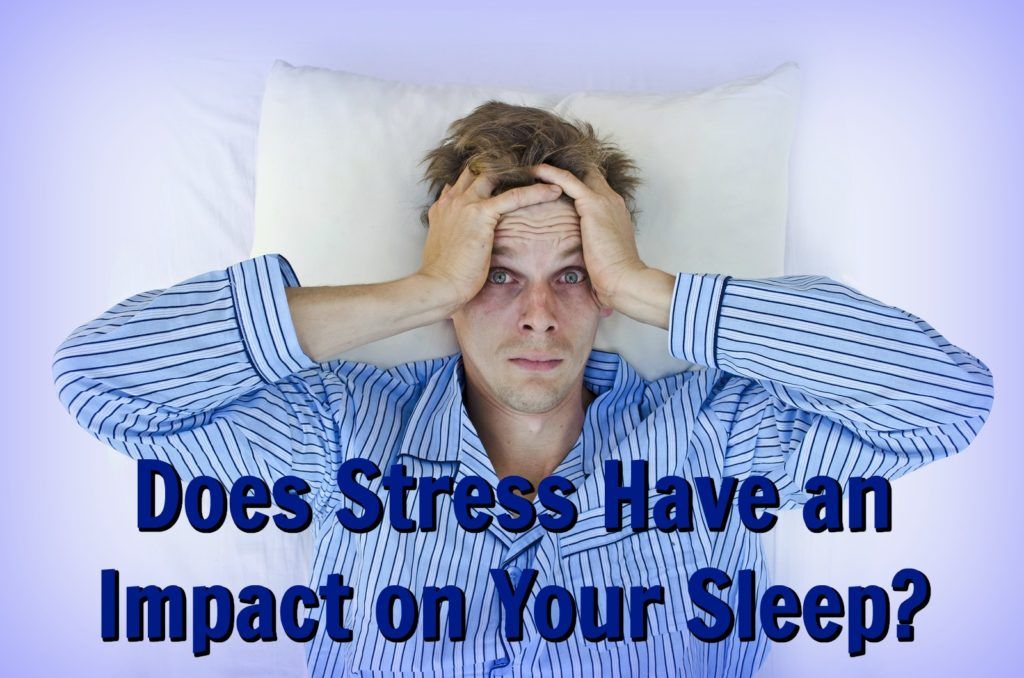
Stop taking the stress of the day out on your teeth!!
Dentist: “It looks like you might be grinding your teeth?” or “Do you know if you grind your teeth?”
Patient: “No, I don’t do that, it was a bicycle accident when I was a kid” or “No, my last hygienist polished my teeth too hard, I don’t grind my teeth?” the excuses go on and on……
I am not sure why patients get so defensive about this subject?!? It is not like we are accusing them of some terrible habit but alas I am careful when I bring this subject up. When we do our exam, we are not only looking for cavities, gum issues and oral cancer, we take notice of your airway, vertical dimension of your teeth and how they come together. We check for attrition; wearing down of the teeth, gum recession, and abractions; a divot type defect in the tooth by the gum line. Clenching and/or grinding can have devastating effects on your dentition, gums and can even cause tooth pain, muscle pain, cracked teeth, cracked dental restorations, headaches and fatigue. Bruxism is the fancy term for nighttime grinding.
The definition of bruxism is “an oral habit consisting of involuntary rhythmic or spasmodic nonfunctional gnashing, grinding, or clenching of the teeth, in other than chewing movements of the mandible, which may lead to occlusal trauma.”
The key terms in this definition include nonfunctional; no actual purpose and involuntary; out of your control. It is a sleep related movement disorder, similar to restless leg. It is a habit, it is rhythmic, and it has no purpose!
So what causes Bruxism? It is thought to originate in the sympathetic nervous system. Genetics, Stress and personality play a role in who grinds their teeth and to what extent. Certain medical conditions and medications can cause or worsen bruxism. Some medical conditions include Parkinson’s, Huntington’s and Epileptic disorders. Drugs that contribute include amphetamines, antidepressants, cardioactive and amphetamines. Orofacial anatomy such as an improper bite, large tongue, airway issues can also contribute to bruxism.
As previously mentioned, long term bruxism or heavy severe bruxism can cause pain, worn dentition, headaches, masseter (cheek muscle) hypertrophy and TMJ issues. Extreme worn dentition can leave a patient “over closed” leading to chronic TMJ issues and difficulty opening their bite for future dentures. There is benefit in diagnosing bruxism early and doing something to prevent extreme wear over time.
We can test for Bruxism and even quantify it. There are certain home sleep test that can be sent home with patients. There are various leads hooked up to the body to monitor the body while sleeping. One lead attaches to the masseter muscle on the cheek. Other leads may go to the temple muscles or back of the neck etc. The heart and breathing are also monitored in some cases to screen for underlying respiratory issues such as obstructive sleep apnea, which could play a significant role in bruxism. There are different wear patterns with bruxism. Some tend to grind front to back with a nickname of “chipmunk” bruxism. The traditional wear pattern for these grinders is more so on the front teeth. Others grind side to side with a nickname “cow” bruxism with their wear pattern more on the back teeth. Still others grind so excessively the entire dentition is worn equally.
Once the proper diagnosis is determined there are various treatment options. The most common being fabrication of an occlusal guard or stent which is worn at night. Occlusal guards are made of a thermoplastic material. They can be made in various thicknesses and strengths depending on the needs of the patient. They are usually fabricated to fit the upper arch, which is more comfortable. Certain medications such as muscle relaxers that can be used in acute pain situations for short term relief. During the daytime hours, being conscious of any clenching and grinding is important too. If facial pain is involved or very destructive bruxism, Botox treatments to the master muscles and/or other various facial muscles can calm the muscles so that a large amount of force cannot be applied during bruxism episodes.
Young children often grind their teeth, sometimes excessively. Because their dentition is evolving and changing, treatment such as a night guard is not for them. Often with children it is important to rule out a more worrisome cause such as sleep apnea or ADHD. Most children will grow out of this habit once their permanent dentition comes in. It is still important to monitor them closely as they transition.
Up to 70% of bruxism is triggered by stress. We see this all the time in practice. It is the body’s way of working out the stress of the day for many. Doing other activities to decrease stress is important too. Medication or prayer, exercise such as yoga or walking to clear your head. Taking time for ourselves in this busy world is crucial to living a long and healthy life. Prevention is the best medicine but for those of us who can’t help but grind our teeth, the best prevention is protecting our teeth from its damaging effects. Our office has an arm of the practice specifically focused on dental sleep medicine. We treat bruxism, snoring and obstructive sleep apnea. We always offer a free consultation to get started and see how we can help.
I wish this day and age was less busy and stressful. With 24-hour news, 24-hour social media, constant information we all feel the need to keep up. Busy schedules, work demands, family demands no wonder so many of us are stressed. There is a season to everything and if your season currently involves stress, facial pain, broken teeth or restorations we can help!